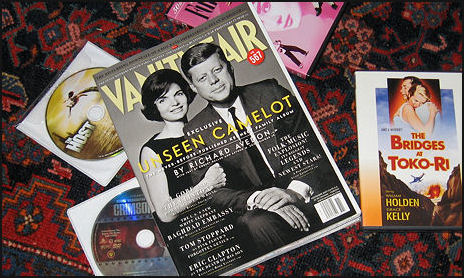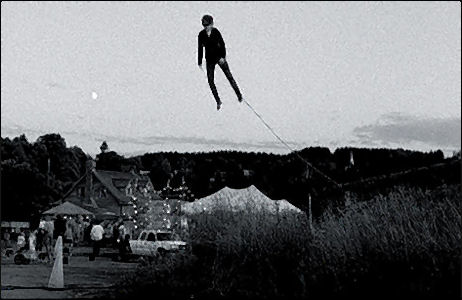According to a story posted two days ago, three different producers have told Deadline Hollywood Daily‘s Nikki Finke that Warner Bros president prexy Jeff Robinov has declared that “we are no longer doing movies with women in the lead.”
Finke concludes that Robinov’s “Neanderthal thinking” is a kneejerk reaction to the tanking of two WB female actioners — The Brave One, a Jodie Foster urban revenger, and the Nicole Kidman pod-people thriller The Invasion.
She fails to mention that still another Warner Bros. femme-topped thriller — Hilary Swank‘s The Reaping — tanked last April, and that four years ago Halle Berry‘s Gothika, another WB action flick, also performed unremarkably.
Finke is missing a key distinction, of course. Would Robinov be saying “no more movies with women in the lead” if WB had recently made a film as good and successful as The Silence of the Lambs, Aliens, Crouching Tiger, Hidden Dragon or Kill Bill? Not likely. If a sweeping statement is required, Robinov should actually be saying that Warner Bros. “is no longer doing female-starring thrillers and actioners produced by Joel Silver.” Silver, after all, produced The Brave One, The Invasion, Gothika and The Reaping.
I’m not saying that that sweeping statements of any kind are wise (they usually make the speaker sound stupid or short-sighted), and I’m also guessing that Finke’s interpretation of what Robinov actually said (or may have said) misses certain shadings and qualifications. Finke can be very strident and simplistic when it comes to female-power issues in the industry.
But if Robinov has in fact said to producers what Finke has reported, my suggested sweeping statement — ixnay on the Silver action chick flicks — is obviously more logical than the one has Robinov allegedly voiced.




